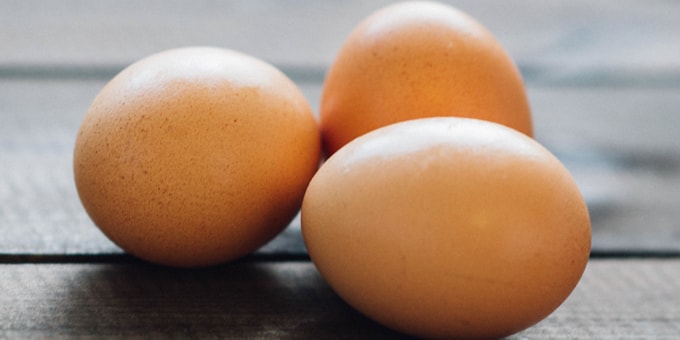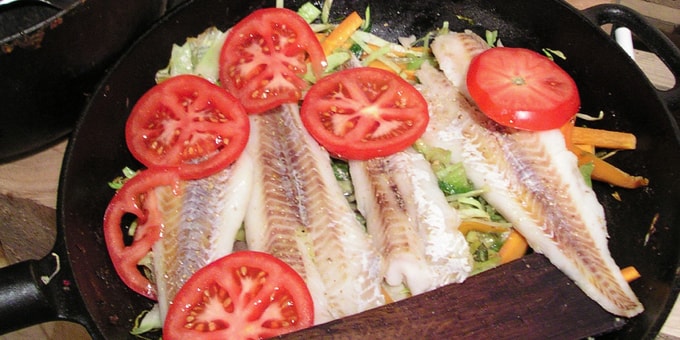TIPS FOR HEALTHY EATING HABITS
Healthy eating habits can help you feel better and possibly live longer. Who doesn’t like the sound of that? When the new year began you made a resolution to eat healthier. Have you fallen off the bandwagon and let the winter blues take over and pick up unhealthy habits? It’s OK to admit if you picked up some bad habits with your diet as the weeks went by. Everyone has moments of weakness and struggle. The first step is to getting back on track is recognizing that you have fallen off. No need to panic! Kick your bad habits to the curb with these healthy eating habits.
EAT A NUTRITIOUS BREAKFAST
Start your day out right by having a healthy breakfast. This will provide your body and mind with the fuel it needs to make energy to keep you focused and active throughout the day. If you are trying to lose weight, as difficult as it may seem, it is important to fuel your body regularly (with healthy options) to help you from possibly making any unhealthy decisions later in the day due to hunger.
When deciding what to eat for breakfast, there are many unhealthy temptations. The key to a good breakfast is all about incorporating a healthy balance. Try to include lean protein, whole grains, and fresh, frozen or canned fruits and vegetables.
Example – oatmeal cooked with low-fat mile and sliced almonds and berries
CUT BACK ON CAFFINE
This may seem like an impossible feat but the results can be astonishing. Too much caffeine can interfere with your sleep, make you jittery and unfocused, and cause you to lose focus later in the day.
Limit your caffeine intake to 3 cups of coffee or less a day and be cautious of what you put into your cup as well. Skip unwanted calories and sugar by drinking it as plain as possible.
If you need assistance to wean off, without having the headache, try incorporating decaf into your cup, drink plenty of water and eat small, frequent meals to keep up the energy.
EAT MORE FRUITS & VEGETABLES
Make your plate colorful with different fruits and vegetables. Fruits and Vegetables are loaded with vitamins, minerals, and fiber, which all of our bodies need. Try incorporating new fruits and vegetables into your meals and cook using different methods.
During the winter months it can be difficult incorporating fresh produce. Frozen and canned are also great options!
PACK YOUR LUNCH
Pick one day a week to prep out your meal plan for the rest of the week and prepare your lunches. Have easy containers to separate your food choices into. Having a plan and stocking your fridge with the right foods will set you up for success and avoid the fast food options that are loaded with unwanted calories, too much salt and no nutritional value.
Baked chicken, steamed vegetables, cooked rice is a great option that re-heats well. Try different types of salads or a healthy sandwich. Try choosing foods that are close to their natural form as possible, the more processed a food item is, the less vitamins and minerals it contains.
COOK DINNER
Stay in and cook a meal together as a family. This can be a difficult task but with a little planning and preparation it can be worth it. When you cook your own meal, you know the exact foods that are going into the meal and how much of each item. Some restaurants use too much salt and butter or oils when cooking and can add calories to the meals. Planning ahead your meal can save you time and helps keep the kitchen more organized.
When preparing your meals, don’t shy away from some shortcuts. Using frozen veggies that are precut can help speed up a meal if time is short. Also, use leftovers and incorporate them into your meal. For example, have turkey left over? Try making a stew and turkey sandwiches for the family the next day.
Kick your bad eating habits to the curb for good – your body will thank you!
Dishin’ Out Healthy – Health Educator
Nichelle











